Musicmakers Blog
11 Ways to Get the Most Out of Your Harp Playing
Practice Tips for Harpists
A collection of 11 useful tips from local harp teachers to get the most of your practice time.
We asked our local harp teachers to provide some tips for getting the most out of your harp playing. We hope these will inspire you to practice this week!
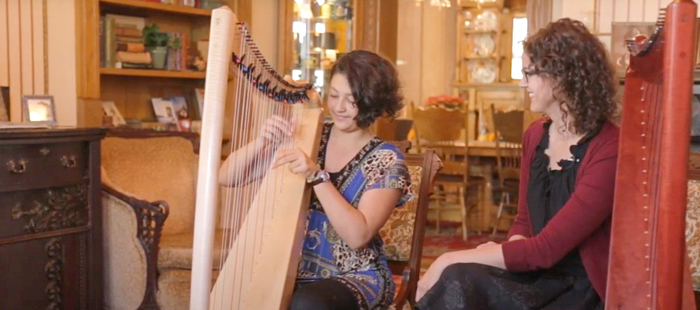
1. Practice with each hand separate. Practice a measure at a time right hand alone then left hand alone then put together, then move to the next measure. In order to resist the temptation to play the whole piece through - use sticky notes to cover up the measures surrounding the one you are learning.
2. Learn the piece back-ward. Instead of always starting at the first note and stumbling through to the end, learn the last phrase, then the next to last
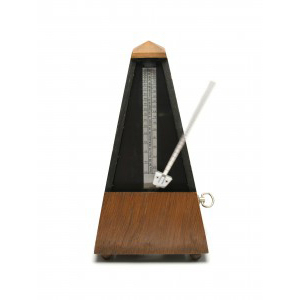
phrase going to the end, a step further back going to the end. Once you get to the first phrase, you've got the rest learned. If you can't figure out the phrases, look at groups of 4 or 8 measures. Quite often those are your phrases.
3. Actually Practice! Groove your body, mind, and fingers 3 times 10 minutes a day. ANY amount of practice is better than none at all. Remember, your body, mind, and fingers are muscles that need to absorb and learn the information in (rehearsal) as well as rest from that information. A marathon practice session, even if it's only 1 hour for you, is NOT always the best. Try to get at your instrument 3 times 10 minutes a day. You might be surprised at how much you're learning. And enjoy DOING it. Idea from the Blue Cross Blue Shield of Minnesota...a la harp
4. Control the Tempo. Practice slowly and gradually build up speed.
5. Start Small. Practice small sections at a time, with lots of repetition. Sometimes this means only 2 or 3 beats at a time, and sometimes a few lines.
6. Learning Rhythms. Having trouble with a rhythm? Sing it, then step or dance the rhythm. Getting the rhythm into your body will make it playable on the harp.
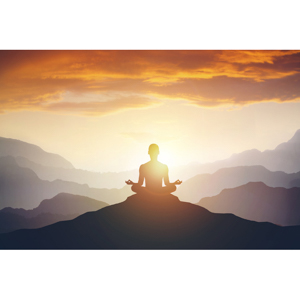
7. Don't just play through your music. Skip the easy parts; they're easy! Find the hard parts, slow them down, and practice them until you can play them right at the right tempo.
(tips 8-11 were taken from Dr. Tom Gibson)
8. Relax. In today's world, it is incredibly difficult to have a "quiet mind". A quiet mind is one free of distractions and is able to focus on a single issue. With the onslaught of information and/or sensory images bombarding us on a daily basis, no wonder we find it hard to achieve a quiet mind.
Nevertheless, it is crucial that we do so. Find a quiet room in which to practice. Then, before lay your hands on your harp, take just a minute or two to CALM DOWN. A few really deep, really slow breaths does wonders for both the body and the mind.
9. Have a Plan. Whenever and wherever you're playing, have a goal in mind. Tell yourself: "Today I'm going to play each phrase with interesting dynamics." Or, "In this phrase, I'm aiming for a smooth legato." Or, "This month I'm gonna focus on my technique..."
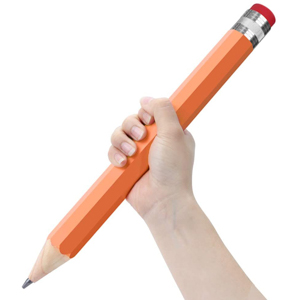
As you can see, you should set long-term AND short-term goals. You might have goals for the day, month or year. Or, you might have goals for ONE NOTE!
10. Have a Pencil. In your practice area... at rehearsal...at lessons... have a pencil at hand! Yes, I know we all have astounding memories, but a pencil never forgets. A mistake such as a wrong note or incorrect dynamic is forgivable ONCE! Mark it and it won't happen again.
Besides these obvious mistakes, a pencil can remind you of alternate positions, accidentals, or certain inflections in a given phrase. In short, the pencil IS your memory! Many great players have developed their own "shorthand" of symbols and markings they use to help them in performance.
11. Musical Lines. No matter what lies in front of us on the stand, we should always treat it as MUSIC. This goes for warm-ups, scales, etudes, concertos,... absolutely everything that you play. Don't allow your brain to go on "auto-pilot" when warming up; try to make expressive and meaningful musical lines from the most mundane material. This can be very challenging indeed when working on scales! But remember, 99.9% of the music you'll play is based on scales.
Some tricks that to use are dynamic variation, articulation variation, rhythmic variation, and mental imagery. By mental imagery, I mean imagining yourself in different environments when playing your scales. You might pretend that you're auditioning for the New York Philharmonic and your whole audition hinges on the rhythmic accuracy of this ONE scale! Or, pretend that your teaching a masterclass and demonstrating proper finger technique! ( You will be amazed at how focused you can become on an otherwise "boring" scale.)
When working on "real music", then, you are already predisposed to making musical lines. (We're creatures of habit, remember?). Try to determine the composer's state of mind and thus his/her INTENT in writing the music before you. Put yourself in their shoes and hear through their ears. Are there subtle nuances in the music that you're missing? Is the forte written more like an electric guitar forte or is it more subdued? Can this phrase be played in a rubato style or should I play it in strict time? Am I the most important voice at this point or should I play under the clarinet? Do these staccato markings imply a short, "pecky" style or should there be more "meat" on these notes?
These considerations are what make MUSIC out of a hodgepodge of black dots. These types of questions are literally boundless in scope and very subjective. Your interpretation may be completely valid, while someone else may see it or hear it in a much different light. This is the inherent beauty of music... subjective interpretation and performance..... a.k.a. SELF-EXPRESSION! Always remain open to new possibilities and always have a reason for playing the way you do. ( In other words, engage your mind!!!). Very few endeavors will allow you the latitude for self-expression and creativity that is afforded you in music... why not take FULL advantage of this?
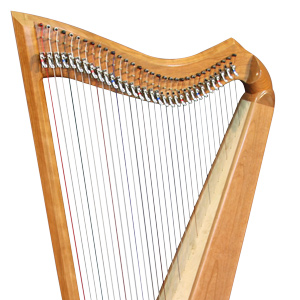
Considering purchasing a lever harp? Musicmakers builds a variety of lever harps to accommodate all harpists from beginner to professional. Our harp selection serves a variety of needs: travel, music therapy, and concert halls. We have something just for you.
